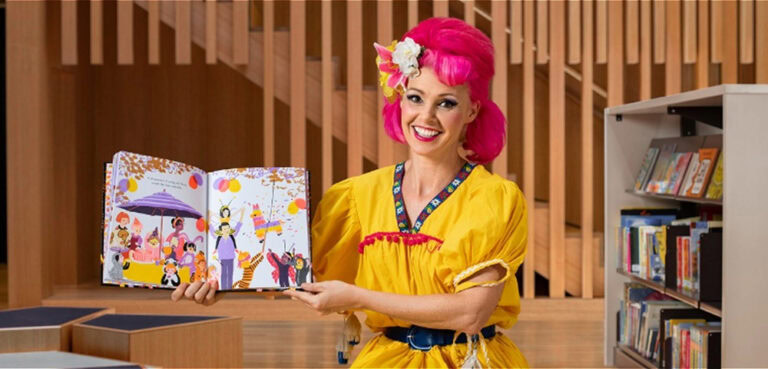
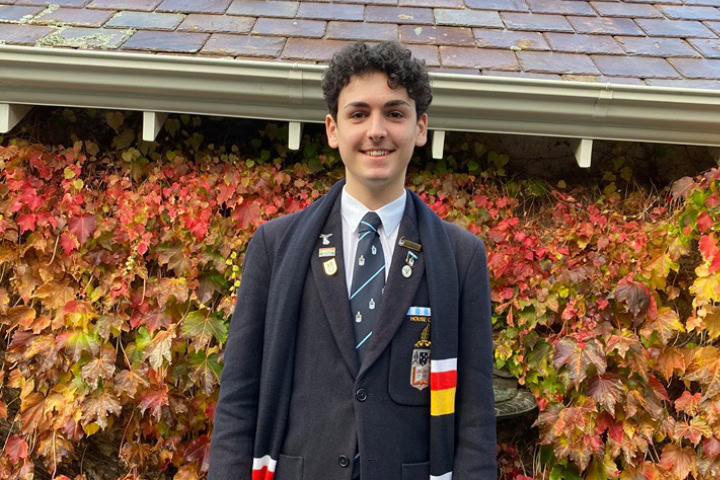
Ben Bonnici, was only in year 2 when he started experiencing homophobic bullying. “They would push me over and tell me to fuck off and make fun of me for having a high pitched voice.”
Mr Bonnici, is reflecting on what is, for a lot of LGBTQI people, a hellish time of life. The gay slurs heard in the hallways and the harsh bullying he endured only reinforced the idea that being queer is undesirable.
“I remember coming home one night and bursting into tears and saying I don’t want to go to school anymore,” he says.
When Mr Bonnici started High School at Melbourne Grammar he anticipated he would be tormented for his sexuality.
“Going to an all boys religious school… you really are exposed to this notion you shouldn’t share your sexuality with a lot of people,” he said. Although he endured homophobic slurs in year 7 and 8, in year 9 Mr Bonnici was introduced to something that would shift the course of his schooling life – a Gay Straight Alliance (GSA).
Introduced in 2016, Melbourne Grammar’s GSA now has over 40 members from years 9 to 12 and has become a safe space for LGBTQI students to explore their identities and for straight students to learn how to be a better ally.
Initially reluctant to join at first, Mr Bonnici pushed through his fears of judgement and attended his first meeting in year 9.
“It’s interesting you would think a kid that wanted to hide that part of themselves would stay away… (but) I felt like I had to go to those meetings and be a part of the committee.
“It was one of the only places I could let my hair down a little bit, I felt like I could breathe,“ he said.
Now in his final year, Mr Bonnici is a House Captain and President of the GSA two things he never thought he would achieve.
“The house captains are usually really sporty… and I expected because I’m in the LGBTQI community I would have gotten no votes,” he said. “Because everyone still voted for me despite something I can’t really change about myself, I was really proud to be a part of Melbourne Grammar.”
Not only has the GSA benefited Mr Bonnici personally, but it has also improved the culture of the school.
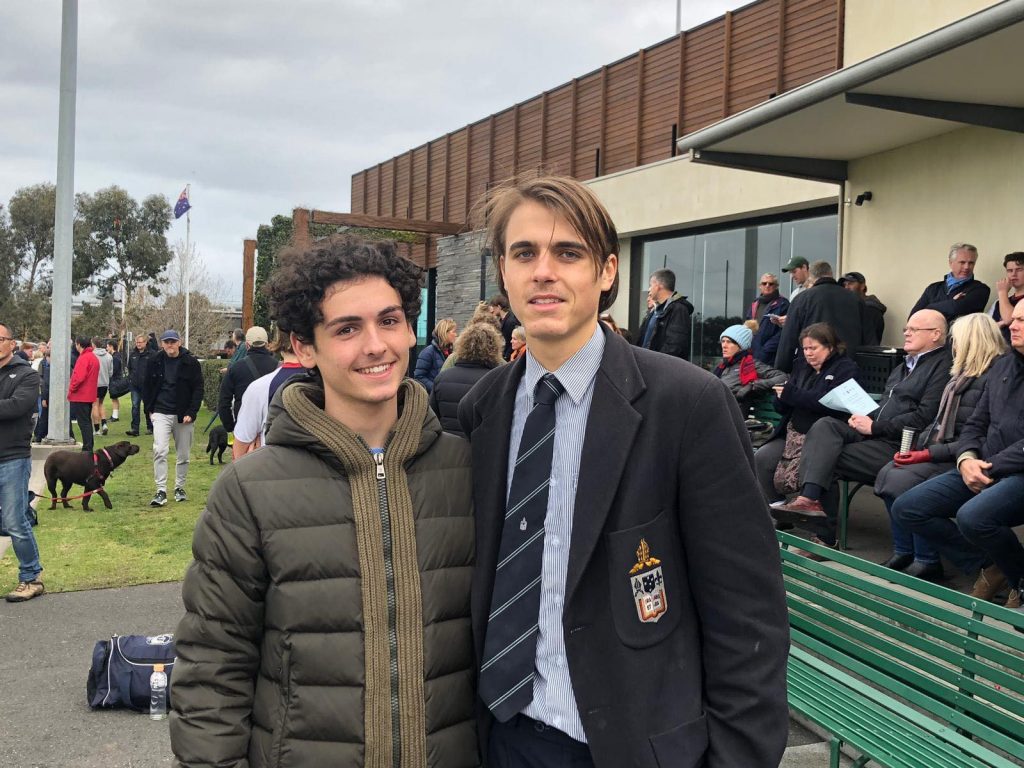
“Seeing kids who are really open about their sexuality at 16… and seeing them having a good core of friends around them who don’t really care if they’re gay or straight is just really wonderful,” Mr Bonnici said. “My year level has had a really good run and are a product of what it’s like to have role models in the LGBTQI community and let them share their voice with everyone.”
Associate Professor at the University of Calgary, Tonya Callaghan says GSA’s are the most “organic way of trying to make a school a safer place for gender and sexually diverse people.
“Not only are GSA’s beneficial to the marginalised groups in a school, but studies have found they actually reduce overall violence in the school.”
Ms Callaghan said GSA’s have become very popular in Canadian schools, especially in Alberta.
In 2015 The Alberta Province Government passed a law where schools had to create a GSA if students requested one and they would have to call it a GSA if that is what the students wanted.
“Catholic leaders especially bishops were very opposed to GSA, and certainly the word gay. They tried to come up with these other ridiculous options students should do instead of having GSA,” Ms Callaghan said. “In these quasi GSA clubs catholic schools wouldn’t let you talk about homophobia and transphobia because it’s too political.”
Ms Callaghan has personal experience with Catholic schools resistance to GSA’s having worked in them between 1994 and 2004.
“One of my colleagues did her best to try and provide a safe space for LGBTQI youth at the school where I was teaching,” she said. “She had a lot of trials and tribulations but she stood her ground, but guess what happened… she got fired.”
Ms Callaghan would also leave the school the same year, after a traumatic incident with a student.
“There was a young promising drama student and… in his final semester he ended up dying of suicide after suffering several months of homophobic bullying by a pack of girls.
“I wasn’t his teacher, but his friends were in my homeroom and they told me he did seek counselling at the school but he got the party line which was… maybe you could just turn down the gay, that’s why you are being bullied.
“They were basically blaming the victim so for me that was it, I couldn’t continue to work in such an overtly homophobic and transphobic place.”
Leaving the school Ms Callaghan pursued further graduate studies relating to homophobia and transphobia in catholic schools.
“If a young person has to resort to taking their own life because of homophobic bullying in the school that is a pretty serious situation. That is a situation that requires a remedy,” she said.
As well as studying Ms Callaghan volunteered to help run the first Camp fYrefly, a retreat for young LGBTQI people where they would talk about several topics including how to start a GSA.
“It was such a hit. The young queers loved it and the professor at the University of Alberta sustained this in a yearly manner to get funding to keep the camp going,” Ms Callaghan said.
As well as Camp fYrefly Alberta has its own GSA network which is connected to schools in 38 different towns and cities.
Meanwhile in Australia a study by Safe Schools found 80% of young LGBTQI people surveyed have experienced homophobic bullying at school.
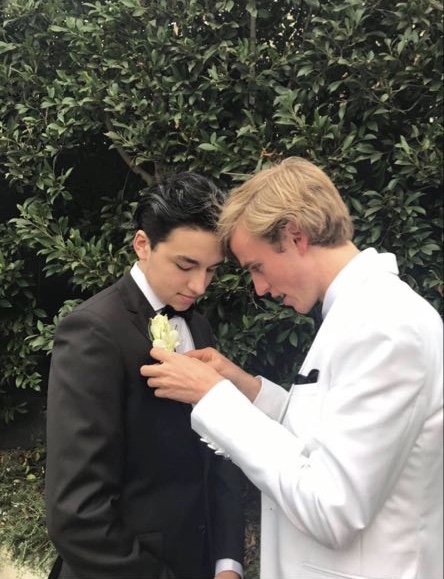
“The school’s response was like okay well you can form this committee… But basically they wouldn’t allow us to do anything of real substance.
“We suggested they run a program specifically about homophobia… but they would say it would be too controversial or we don’t want to compromise our neutrality.”
Since the school refused to provide a safe space for LGBTQI students or teach them about gender and sexuality Mr Dartnell had to learn more about the queer community and his sexual identity after graduating in 2017.
“A massive problem for gay people is they don’t really see themselves valued or reflected back in their school communities,” Mr Dartnell said.
“There’s a saying in the queer community queer people are set back by like three years because of High School.
“It’s just because you don’t know anyone, and you can’t speak about your experience at school.”
LGBTQ2S+ Community Engagement Coordinator at the Centre of Sexuality, Hilary Mutch also knows what it is like to hide your sexuality throughout high school.
“I did have queer friends in high school but I wasnt out… because of all the homophobic and transphobic language and behaviour you feel like you have to come out later in life.”
Now responsible for setting up GSA’s in schools throughout Alberta, Ms Mutch says there has been a wonderful movement over the last decade.
“I’ve seen some really amazing GSA’s in rural schools really create spaces for queer students to feel seen and represented.
“There is even a GSA in my old school”
For Australia to achieve what Alberta has Ms Mutch suggested efforts need to be made at all levels.
“If you are working with teachers or programs or admin who want to start GSA’s (in Australia) I’m more than happy to help,” she said. “[But] Because it is a hugely student run movement giving students tools for that activism is crucial and the best way to establish GSA’s in schools.”
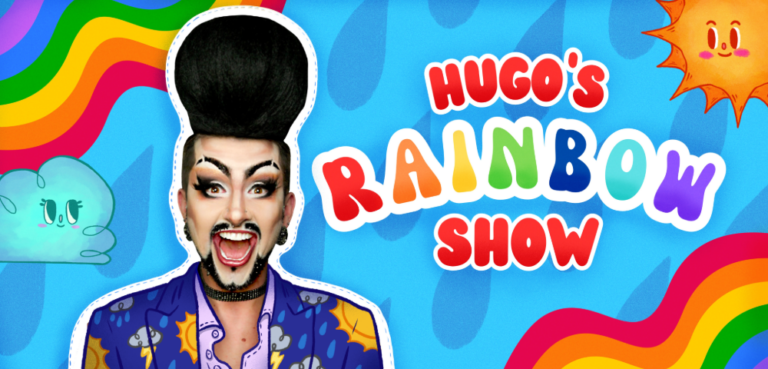
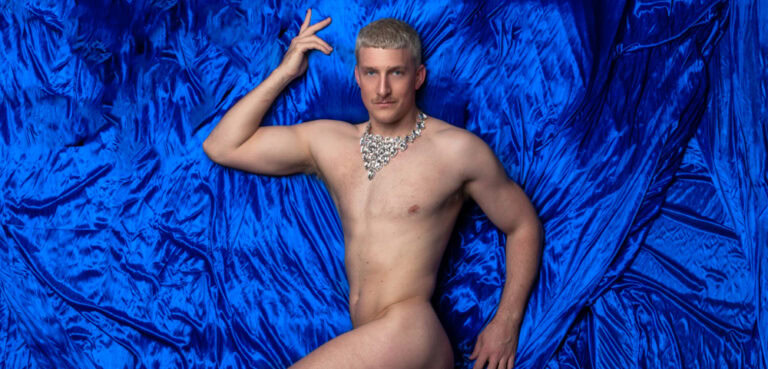
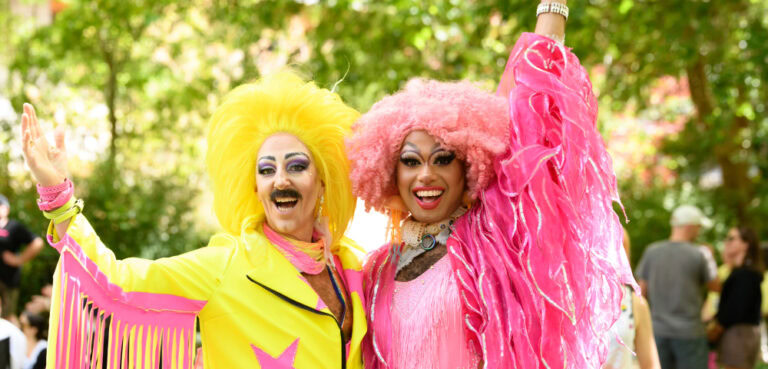
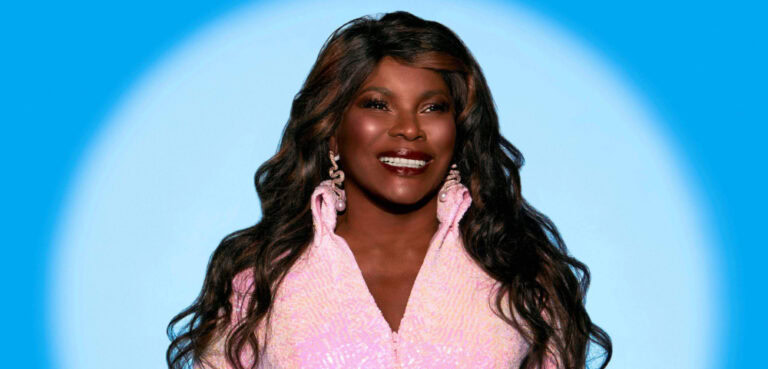
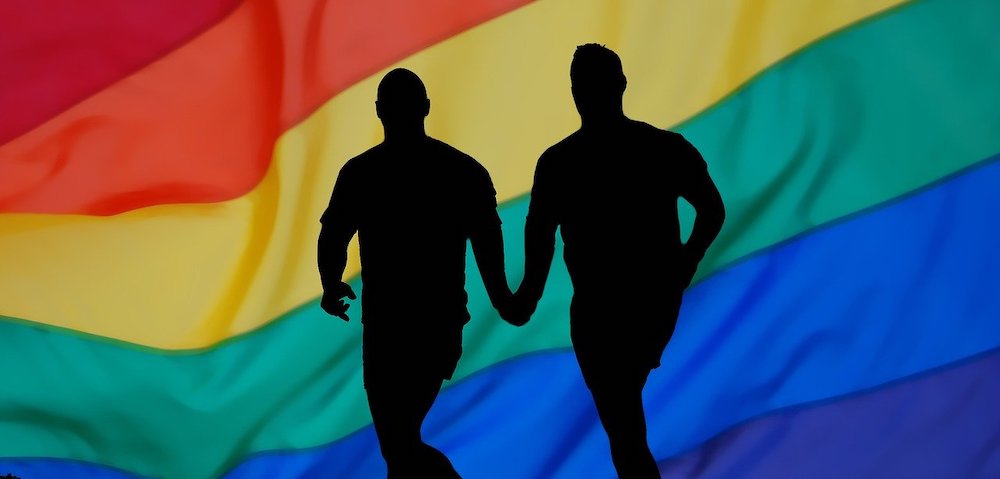
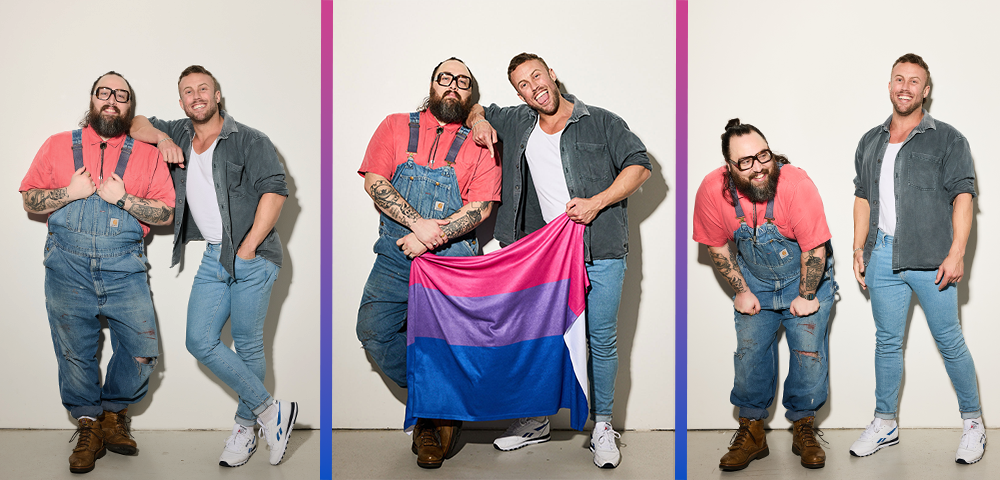
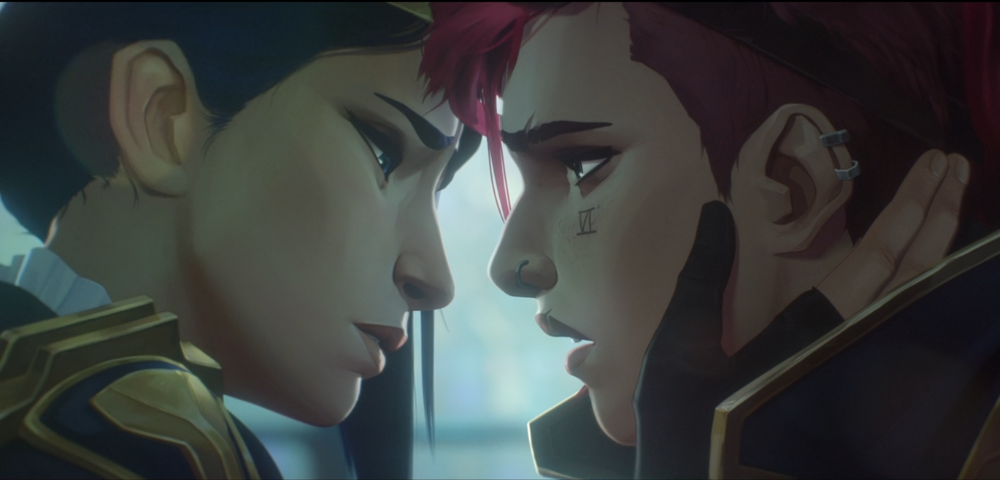
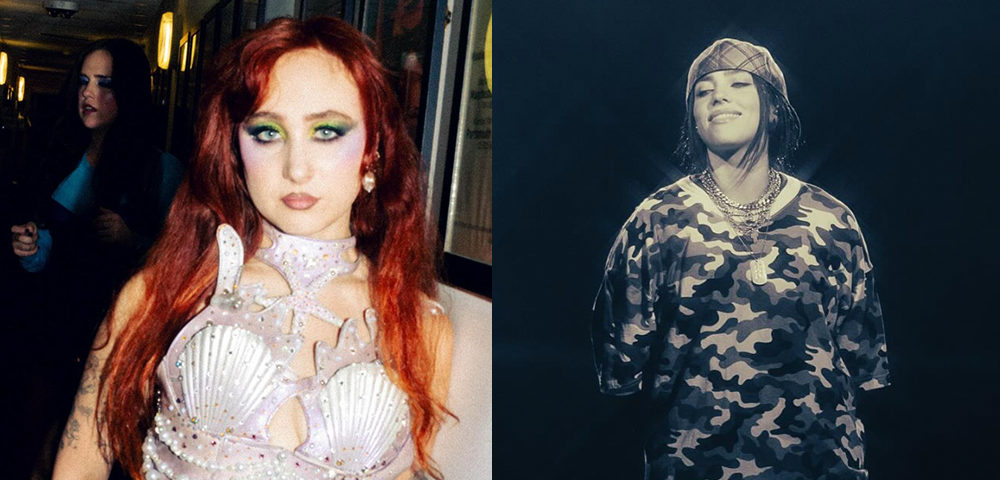
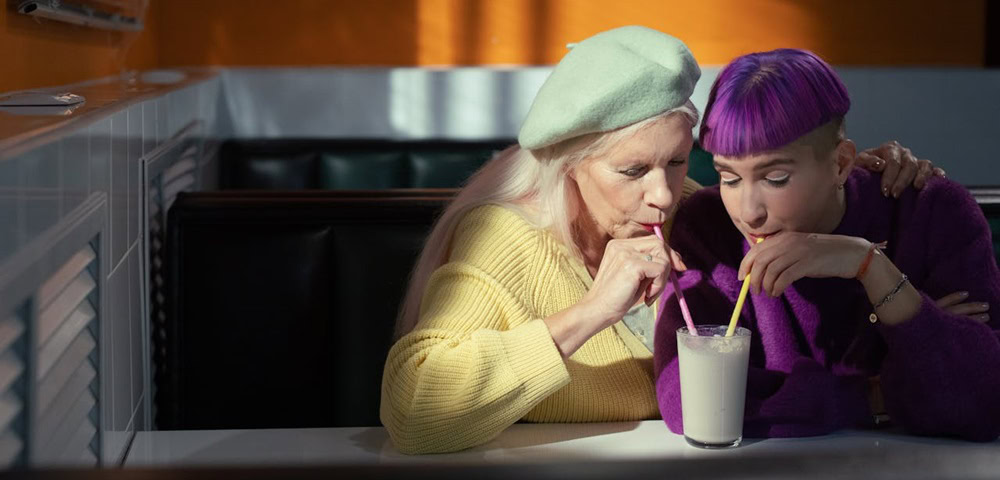

Excellent question as to why Australia still does not have GSAs – when the UK, US and Canada had them for decades. ????????????